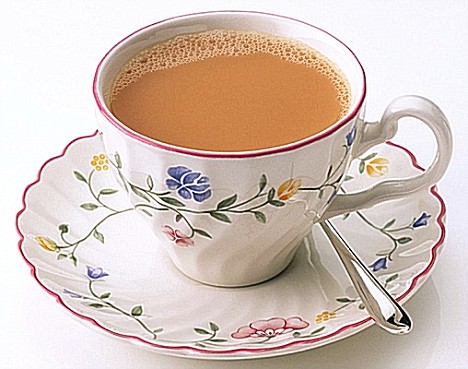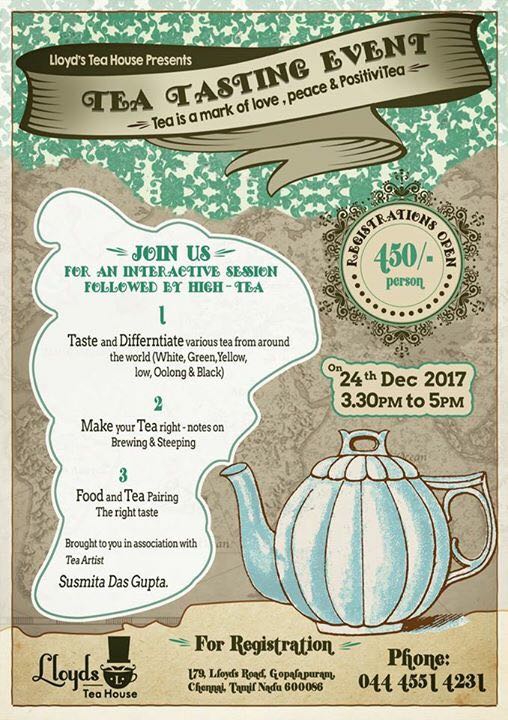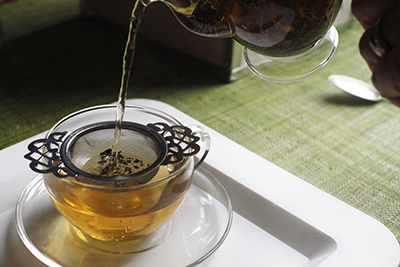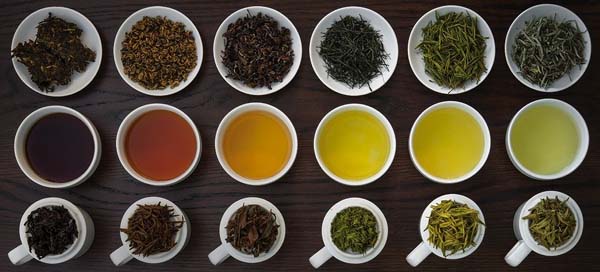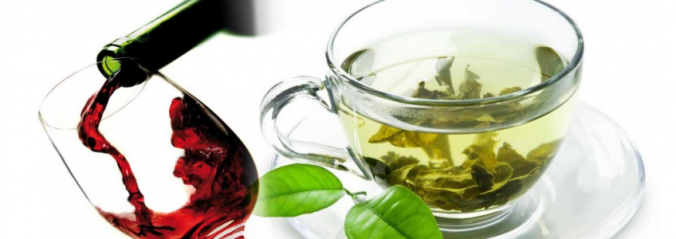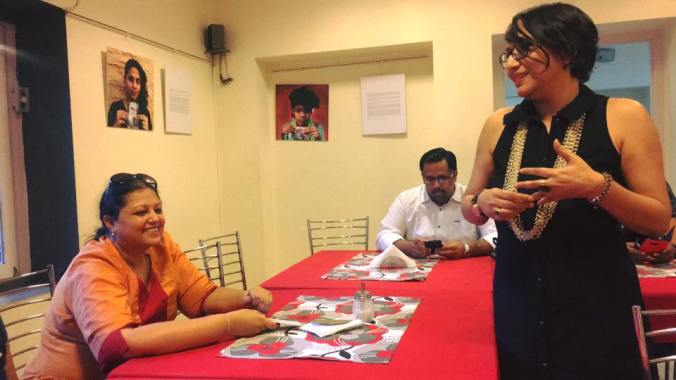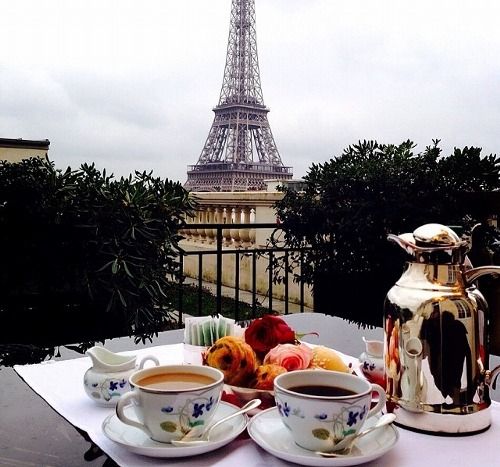
“Not one cup of tea have I taken without cursing the glory and the ambition that keeps me away from the soul of my life”, part of Napoleon’s letter to his beloved Josephine in 1796.
Tea, indeed, has a very long history in France. The first tea came to Paris via the Dutch in the 17th century, a few years before it arrived in London. Soon it became a drink of the elite and the aristocracy. Unlike the British where the tea was and still is a part of everyday household affair, tea in France stayed at the aristocratic salons frequented by the rich and noble. But with the French Revolution tea made an exit from the life of French people (I had mentioned about it in my last blog as well) … until now.
Today, tea is finding its foot back to France – slowly, yet firmly.
The silent tea revolution that is undergoing in France for the last couple of decade is developing into a refined and delicate affair – as befits their gastronomic heritage. Inside France, there is a sudden surge for tea that is sweeping the middle classes. In Paris and beyond, specialty tea rooms are opening up successfully. “People are taking classes to learn how to taste and to serve. Literally hundreds of varieties and blends are now available for sale. A new generation of health- and fashion-conscious consumers has begun discovering the world of tastes that tea can open up.”
It is also not surprising at all then that the French treats their tea exactly like wine! They explore the taste of tea exactly as they explore the tastes of wine – through different colours, vintages, new growth, single estate, fermented. Today in Paris, even Michelin starred restaurants are taught on how to serve tea instead of wine.
“The French are always interested in the origins of what they eat and drink, and in the cultures that produced it,” says Francois-Xavier Delmas, founder of the Le Palais des Thes chain of tea shops. Top that up with France’s ‘field-to-table’ agricultural approach, you are sure to get a connection of what you are drinking (or eating) and it’s origin (where it is produced).
The story of AVPA started on similar thoughts.
Philippe Juglar (now President, AVPA), Jean-Emmanuel Jourde (current General Secretary and Oil Competition Lead, AVPA) and Boris Hleap (Coffee Competition Lead, AVPA) met more 30 years ago when they were in the coffee import business. They were the first to launch a contest for specialty coffees roasted at origin before it became trendy, with the exact same vision as the association has today. But it was too early, and it didn’t pan out.
In the early 2000s, the coffee crisis and personal interests brought them to other agricultural products, especially olive oils. The association AVPA (Association pour la Valorisation des Produits Agricoles) was created and the contest for edible oils began. Over the year this competition has set standards among the industry while working hand in hand with researchers to remain the spearhead of taste oriented best practices. All the other competitions follow the same path.
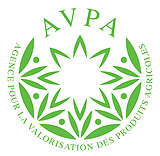
A competition for tea was brewing in their mind for a while, particularly keeping in mind the growing interest for this beverage in the country. With the legacy of two successful contests behind them and their strong association for origin of products – “Teas of the World” contest is created – a contest that emphasizes on the traceability of the teas or its origin.
“Contests must be a means, not an end: a springboard towards more events oriented towards the general public and hospitality professionals, who are the ones making changes in the way society drinks tea, and also the ones most lacking in reliable information and opportunities to taste great teas.” says Lauren Pascault, who takes care of the “Teas of the World” contest as the Contest Lead at AVPA. Lauren has previously worked as tea salesperson with Dammann Frères (an ancient company with its origins – as they claim – going back to the days of Louis XIV, but in modern times it helped usher in the French tea revolution) and now runs her own tea consulting and event creation business.
The story of the Teas of the World Contest will not be complete without mentioning two very important ladies in the shadows: Marcela Thimonier and Ksenia Kashirskaya, who are in charge of the day-to-day administrative work, communications and contest coordination, making sure that it takes place as it is envisioned.

“The joy is that it (tea) is all for the French a re-discovery. For centuries we have had no real contact with tea. So unlike British, we formed no habits. This means we can learn about tea as a pure, new product.” Didier Jumeau-Lafond, Dammann Teas quips.
Well, the French has opened their doors and their hearts – teas of the world – it’s now your opportunity to embrace this newly converted land of love.
—————————————————————————————————————————————-
Teas of the World Contest Registration: https://www.avpa.fr/thes-en
Registration Open until 15th June 2018
About AVPA:
The AVPA (Agence pour la Valorisation des Produits Agricoles) is a non-profit, non-governmental association that promotes high-quality products of origin through contests. It started 15 years ago with the contest for edible oils (mainly olive), and went on with coffee (6th year in 2018), water (2d year) and tea (1st year).







